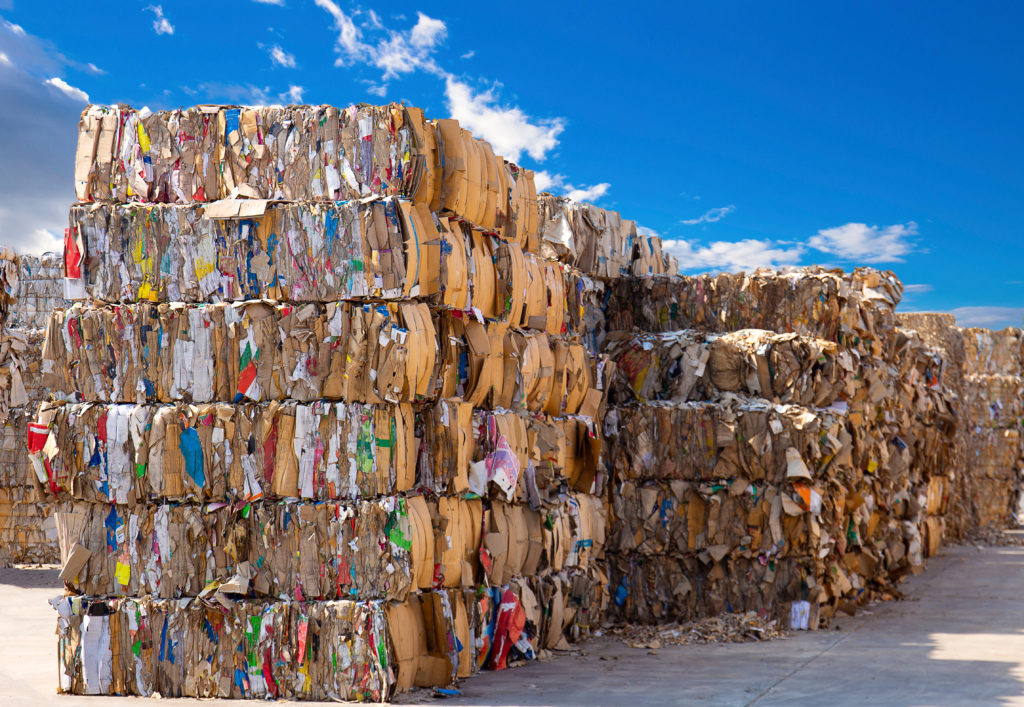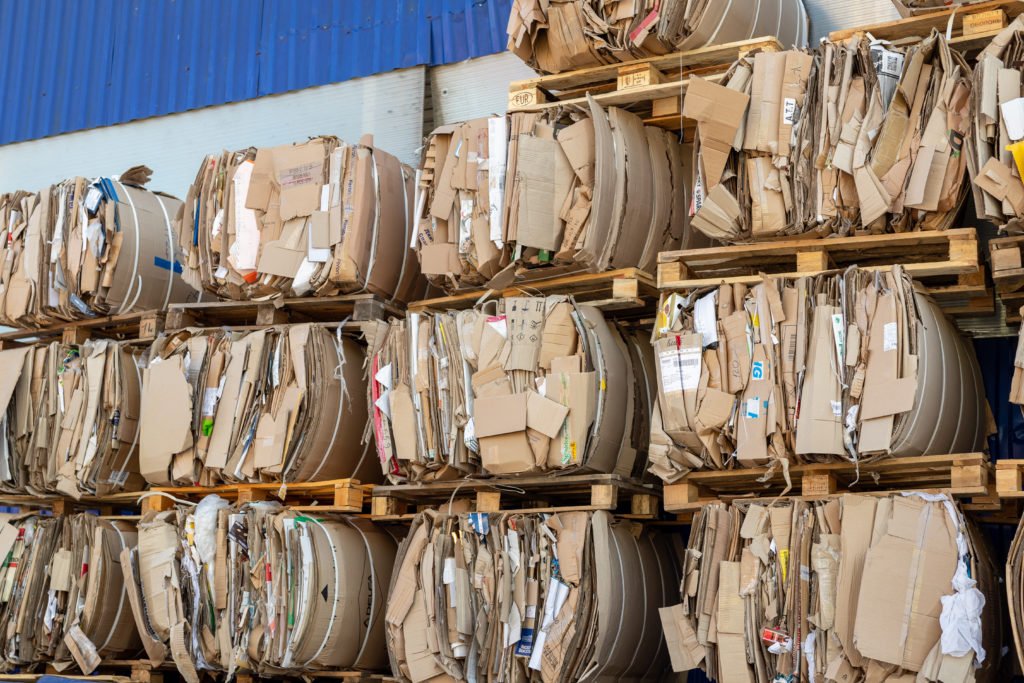While internal demand remains low, there was some optimism that things could improve in the coming months.
With low demand for new products, brought on from difficult economic conditions reducing consumer spending, recyclers from across the market have been reporting a corresponding drop in demand and price for recycled material (see letsrecycle.com story).
Reporting to the BIR’s paper division, industry insights from paper recycling companies in Spain, France, Germany, Scandinavia and Turkey all reported issues, as did North America. However, some have said this has been stabilising in recent weeks.
‘Overcapacity’

The BIR paper division’s president Francisco Donoso of the Spanish DOLAF Servicios Verdes S.L. highlighted that “internal demand in Europe remained low.” He added that; “paper mills are [currently] grappling with weak order books and high price pressure owing to overcapacity in the sector.”
He explained that in August, the major European paper for recycling markets witnessed stable prices, especially for in-demand grades like mixed paper, board and OCC. This stability was attributed to decreased production during the holiday period, reduced demand from paper mills and favourable export opportunities.
However, prices began to shift again in September, particularly for the lower grades. Market professionals in the UK and Continental Europe reported price increases, “mainly the result of European buyers’ efforts to balance domestic and export prices”. European paper mills continued to face challenges owing to overcapacity and declining demand, leading them to maintain lower prices for their products however, he said.
Mr Donoso then explained: “China-affiliated overseas purchasing arms are intensifying their sourcing of brown grades from the USA and Europe for deliveries to Asia, even while they seek to increase prices for imports in Southeast Asia and Taiwan. In recent transactions, they have paid large amounts for US and European-origin OCC. Owing to the increasing sourcing costs, vendors in these regions have had to adjust their prices accordingly, with some even halting purchases when prices exceed a certain threshold.”
He added: “End-users, especially major board mills in Southeast Asia and Taiwan, have responded to the rising OCC prices by reducing their import volumes and shifting to cheaper alternatives such as local collections. Some smaller mills have even paused or stopped production owing to reduced demand. The increased reliance on domestic OCC collections has also pushed prices higher.”
An improvement in export conditions owing to low sea freight rates to Asia has led to an increase in orders for the Far East
- Reinhold Schmidt, Recycling Karla Schmidt (DEU)
European prices
In terms of the lower grade market in Europe, Jean-Luc Petithuguenin of France-based Paprec seconded Mr Donoso. He said that while the August saw the market “stabilise” in Europe, it then rose in September and October.
Mr Petithuguenin explained this was down to “low collection volumes and a slight increase in sales to Asia.”
He explained that given that activity levels among paper makers in Europe are “not dreadful”, it did not take much to create a small imbalance when considering the limited volumes available to be offered. “The trigger was Asian buyers looking for volumes in Europe,” he explained.
Germany’s Reinhold Schmidt said there was a “similarly weak order situation for paper, cardboard and, consequently, recovered paper.”
He noted: “An improvement in export conditions owing to low sea freight rates to Asia has led to an increase in orders for the Far East and to price pressure, especially in the vicinity of ports in Western and Northern Europe. Waste disposal companies are benefitting from higher prices, forcing consumers of recovered paper to increase payments slightly at the end of the third quarter.”
Turkey
Describing the situation in Turkey, Ekrem Demircioglu said: “The contraction in demand initiated by February’s earthquake extended into the third quarter, mirroring the trend of the previous three months. Several paper mills heavily impacted by the earthquake have navigated their way through operational disruptions, including mills operated by Kipas and by KMK which resumed operations in, respectively, July and September.”
He added that resumption of operational activities several Turkish companies are gearing up to increase their operational capacity by installing new machines and building new factories.
However he continued “paper mills – and particularly those specialising in the production of brown paper – struggled with constrained operations, functioning at a mere 70% capacity.”












Subscribe for free